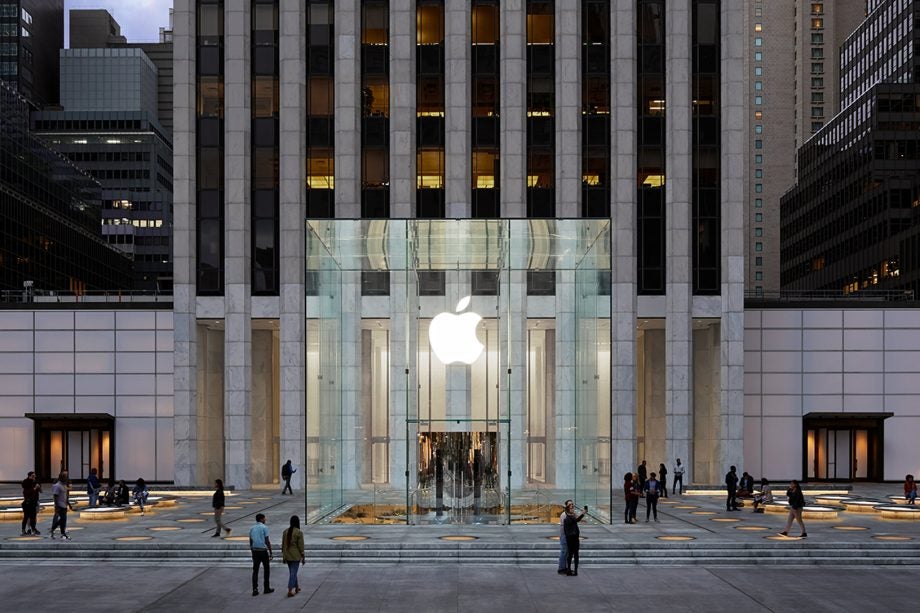Apple opens floodgates to ads from apps in new App Store guidelines

Apple has announced it is relaxing its long-standing restrictions on App Store developers pushing marketing messages to iPhone and iPad users.
In new App Store review guidelines, published today, Apple advises that developers can now use push notifications to advertise, provided users give express permission.
In section 4.5.4 of the new guidelines, Apple says: “Push Notifications should not be used for promotions or direct marketing purposes unless customers have explicitly opted in to receive them via consent language displayed in your app’s UI, and you provide a method in your app for a user to opt out from receiving such messages.”
That’s a big change from Apple’s previous stance where it strictly prohibited developers from hawking their products through push notifications.
Related: Best phone 2020
Previously, the same section read: “Push Notifications must not be required for the app to function, and should not be used for advertising, promotions, or direct marketing purposes or to send sensitive personal or confidential information. Abuse of these services may result in revocation of your privileges.”
Perhaps the change has come because Apple hasn’t exactly been strict about adhering to the rules it has set. Just over a year or so, the company bent the rules by pushing a promotion for its Apple Music subscribers, encouraging them to invite a friend for a free month.
Ok, @AppleMusic, you’ve had your notification privileges revoked. pic.twitter.com/kRqmLWvdCr
— Ben (@bbchase) February 15, 2019
It wasn’t the first time either. Before that the company used push notifications to alert members of its Apple iPhone Upgrade Programs that new iPhone models were now available.
“Your new iPhone is ready,” the notification from the Apple Store read. “Choose iPhone XR or iPhone XS and speed through your upgrade today with the iPhone Upgrade Program.”
Elsewhere, Apple is also being more vigilant when it comes to dating apps, from today onwards. The company is officially adding them to a potential “spam” category, professing that they must have a “unique, high-quality experience” or be rejected automatically.


